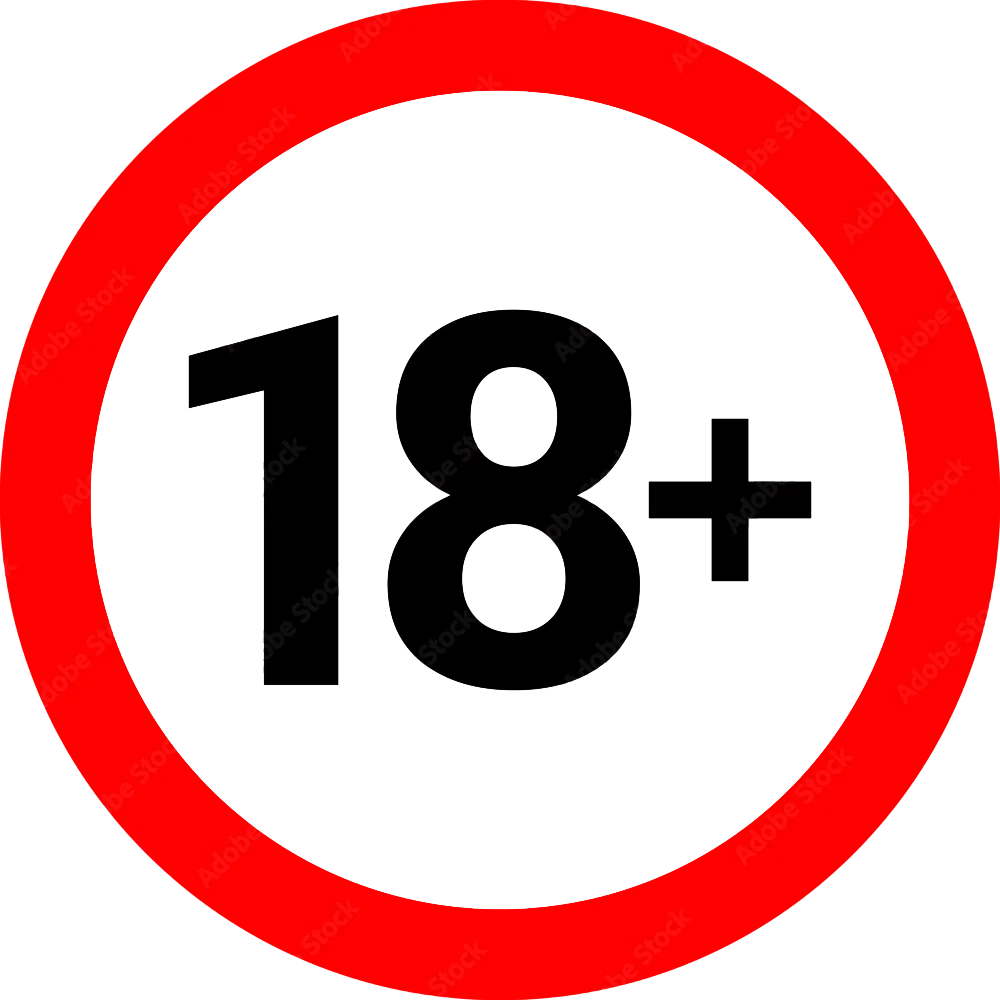Imane Khelif is one of two athletes who have been cleared to compete in the women’s boxing in Paris, having been disqualified from last year’s Women’s World Championships for failing to meet eligibility criteria.
The controversy surrounding the disqualification of two boxers has sparked a heated debate in the sports world. Imane Khelif from Algeria and Lin Yu-ting from Taiwan were both disqualified from last year’s Women’s World Boxing Championships after failing gender eligibility tests. Despite this setback, the two athletes have been allowed to compete in the Paris Olympics, raising questions about the criteria used for determining female athlete eligibility in boxing competitions.
The International Olympic Committee (IOC) – which did not organise the World Championships but is running the boxing at Paris 2024 – said welterweight Khelif was disqualified in India because of elevated levels of testosterone.
One of the most notable moments from the boxing events at the Paris Olympics was when Angela Carini of Italy quit her welterweight bout against Imane Khelif after just 46 seconds on Thursday, effectively ending her Olympic dream. This abrupt conclusion to the match highlighted the emotional and physical toll that gender eligibility controversies can have on athletes participating in high-stakes competitions.
After taking a punch to the face inside 30 seconds, Carini went to the corner for her coach to fix her headgear. After briefly resuming, she returned to her corner once more and stopped the fight. Just before Khelif’s arm was raised by the referee, Carini could be heard on camera saying: “It’s not right.” She was in tears in the ring and as she faced the media after the bout. “I wasn’t able to finish the match. I felt a strong pain to my nose and I said [to myself] for the experience that I have and the maturity as a woman that I have, I said I hope my nation won’t take it badly, I hope my dad won’t take it badly – but I stopped, I said stop for myself,” Carini told BBC Sport.” It could have been the match of a lifetime, but I had to preserve my life as well in that moment. “I didn’t have fear, I don’t fear the ring. I don’t fear taking the blows. But this time there’s an end for everything, and I put an end to this match, because I wasn’t able to [continue].” Italian Prime Minister Giorgia Meloni told Italian media: “It matters to be able to compete on equal grounds and, from my point of view, it was not an even contest.” Speaking about Khelif, Carini told reporters: “I wish her to carry on until the end and that she can be happy. I am someone who doesn’t judge anyone. I am not here to give judgements.”
The issue of gender eligibility in boxing has brought to light the complexities surrounding this topic in the world of sports. Olympic officials have been forced to address and re-evaluate the existing protocols for determining which female athletes can compete in events like boxing. The pressure to ensure fairness and inclusivity while maintaining the integrity of the sport is a delicate balance that continues to challenge the sporting community.
In a new statement on Thursday, the Paris 2024 Boxing Unit and IOC criticised the IBA, and said Khelif and Lin “were the victims of a sudden and arbitrary decision by the IBA”. “Towards the end of the IBA World Championships in 2023, they were suddenly disqualified without any due process,” the IOC said. “The current aggression against these two athletes is based entirely on this arbitrary decision, which was taken without any proper procedure – especially considering that these athletes had been competing in top-level competition for many years. Such an approach is contrary to good governance.”
As the Paris 2024 Olympics unfold, the stories of these boxers and their struggles with gender eligibility serve as a reminder of the ongoing battles for equality and respect within the realm of competitive sports. The trials and triumphs of athletes like Imane Khelif and Angela Carini shed light on the need for a more nuanced and inclusive approach to addressing gender issues in sports. The outcome of these controversies will undoubtedly have a lasting impact on the future of women’s boxing and the broader sports community as a whole.
Khelif will face Hungary’s Anna Luca Hamori in the 66 kg quarter-finals on Saturday, where another win would guarantee her an Olympic medal.







